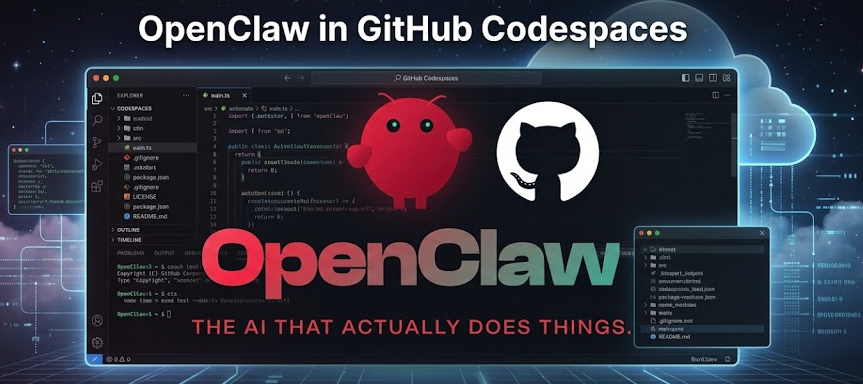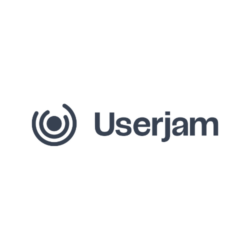DeepResearch is an open source AI research assistant, hosted on GitHub, designed to help users automate deep research through a combination of search engines, web crawling, and large language modeling (LLM). It was created by developer cat3399 with the goal of providing an easy-to-use research tool that can gradually optimize research directions and dig deeper into complex topics. Users can input questions to trigger multiple rounds of iterative research and obtain structured analysis results. The tool supports a variety of mainstream large models and can integrate external services through APIs, making it suitable for researchers, students, or professionals who need to quickly organize information.DeepResearch emphasizes localized deployment and flexibility, and the code is completely open source, allowing users to freely modify and extend functionality.

Function List
- Automation In-Depth Study: Automatically conducts multiple rounds of research based on user-entered questions, progressively optimizing directions and generating detailed reports.
- Multi-model support: Support for Google Gemini, OpenAI, OpenRouter, and Native Ollama and other large language models.
- Web crawling and searching: Combining search engine and web crawling techniques to gather the latest and most relevant information on the web.
- Structured Research Process: Provide a clear research plan with steps for problem breakdown, data collection, analysis, and summarization.
- Open Source and Scalability: The code is completely open source, users can modify or add new features according to demand.
- Easy environment configuration: Configured via Docker or local environment to support rapid deployment.
- Multi-language support: Supports multiple language interfaces for easy access by global users.
Using Help
Installation process
DeepResearch needs to be deployed locally or on a server to work. Below are the detailed installation steps:
- clone warehouse
Open a terminal and run the following command to clone the DeepResearch repository locally:git clone https://github.com/cat3399/deepresearch.git cd deepresearch - Configuring Environment Variables
In the project root directory, create the.envfile for storing API keys and other configuration. Run the following command:echo "GOOGLE_API_KEY=your_google_api_key" > .env echo "OPENAI_API_KEY=your_openai_api_key" >> .envIf you use the OpenRouter or Azure OpenAI, you can continue to add:
echo "OPENROUTER_API_KEY=your_openrouter_api_key" >> .env echo "AZURE_OPENAI_API_KEY=your_azure_openai_api_key" >> .env echo "AZURE_OPENAI_ENDPOINT=your_azure_openai_endpoint" >> .env echo "AZURE_OPENAI_VERSION=your_azure_openai_version" >> .envIf you are using a local Ollama model, you can set the Ollama host address (the default local address is
http://localhost:11434):echo "OLLAMA_HOST=your_ollama_host" >> .env - Installation of dependencies
Ensure that Docker and Docker Compose are installed; if not, refer to the Docker installation guide on the official Docker website. After the installation is complete, run the following command to start the service:docker-compose upThis will automatically pull the required image and start the DeepResearch service.
- Verify Installation
After the service starts, access to the local or server-provided interface address (usually thehttp://localhost:8000), confirm that the service is running properly. If an error occurs, check the.envThe API key in the file is correct.
Usage
DeepResearch provides a simple user interface that allows users to interact with the tool via the web or command line. Below are the steps to use the main features:
- Initiating in-depth studies
- Open the DeepResearch interface (usually found in the
http://localhost:8000)。 - Enter a research question in the "Ask" screen, such as "Recent applications of artificial intelligence in healthcare".
- Toggle the "Deep Research" switch to enable deep research mode.
- Click "Submit" and the system will automatically start multiple rounds of research.
- Open the DeepResearch interface (usually found in the
- research process
- DeepResearch breaks down the problem and generates a research plan.
- The system collects data through search engines and web crawls, and typically performs up to 5 iterations.
- After each iteration, the system updates the research directions and displays intermediate results.
- Ultimately, a comprehensive report is generated that contains an analysis of the problem, supporting data, and conclusions.
- configuration model
- Select the desired large language model (e.g., OpenAI's GPT-4 or the native Ollama model) in the interface or configuration file.
- If you are using an external API, make sure that the
.envThe key in the file is valid. - The local Ollama model is suitable for privacy-sensitive users and does not require an Internet connection to run.
- View Results
- Upon completion of the study, the report is displayed in a structured format, containing cited data sources and a summary of the analysis.
- Users can export reports to PDF or Markdown format for easy sharing or archiving.
Troubleshooting
- "Missing environment variables": Inspection
.envfile is in the project root directory and contains the correct API key. - "API key not valid": Verify that the API key has no spaces and is valid, and regenerate the key if necessary.
- "OpenRouter API error": Verify that the OpenRouter account has a sufficient balance.
- "Service startup failed.": Check that Docker is running properly and that the port is not occupied.
Advanced Use
- Customizing the research process: Users can modify the research plan template in the code to adjust the number of iterations or prioritize data sources.
- Integration of other tools: By extending the code, DeepResearch can connect to more databases or analytical tools.
- batch study: Supports batch entry of multiple research questions via scripts, suitable for users who need to handle a large number of topics.
application scenario
- academic research
Researchers can use DeepResearch to quickly gather the latest papers, news and data in a particular field. For example, type in "recent advances in quantum computing" and the tool will automatically organize related literature and reports to generate a review report. - market analysis
Business users can use DeepResearch to analyze competitors or market trends. For example, enter "Electric Vehicle Market Trends 2025" and the tool will crawl industry reports and news to generate detailed analysis. - student work
Students can use DeepResearch to assist in completing their dissertation or topic research. After entering a topic, the tool provides structured background information and references, saving time on manual searches. - technology development
Developers can use DeepResearch to research technical documents or open source projects. For example, type in "Compare the latest machine learning frameworks" and the tool will organize the information and generate a comparison report.
QA
- Does DeepResearch require an internet connection?
If using a native Ollama model, DeepResearch can run completely offline. However, if an external API is used (such as OpenAI or Google Gemini), an internet connection is required. - How do you ensure the accuracy of your research findings?
DeepResearch relies on data from search engines and web crawls and recommends that users manually verify key sources. The tool lists citation links for easy verification. - Does it support Chinese language research?
Yes, DeepResearch supports multi-language input and output, Chinese research performs well and generates clear and easy-to-read reports. - How long does it take to install?
With Docker and the API key configured, installation typically takes 5-10 minutes, depending on network speed.


































